CR then uses the eat well guide to consider other practical changes in diet for Michał. He welcomes this further practical information and he knows that if he needs further discussions he could have an opportunity to see Richard again and could discuss other choices before he travels to Poland.
Category: HEARTe
Health behaviour change (HBC) in action: diet
Michał returns to consider the agenda setting regarding improving his diet. The health professional uses motivational interviewing techniques to explore this further and together they identify changes in the form of a shopping list of healthier options. After talking through with Michał his diet in a day and likes and dislikes Richard tells Michał about a couple of tips that can sometimes help when making changes:
- Plan weekly menu first
- Walk past the cakes and biscuits on special offer!
- Fruit and Veg – Fresh/ frozen , tinned in juice/ water, dried or juice – 5 a day – Try a new fruit and vegetable every week.
- A portion is about a handful
Michał agrees this sounds realistic and asks if Richard will help him think of healthy things for his next shopping trip. Together they write a list.
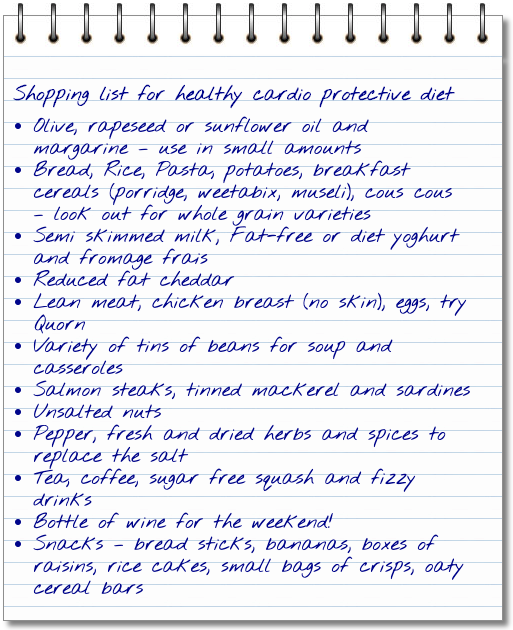
Health behaviour change (HBC) in action: alcohol
Michał considers these in relation to his lifestyle and points to picture of bottle on chart. He explains he has never smoked so that is not relevant to him. His main worry is that his alcohol intake has increased and although his weight is ok he is comfort eating due to boredom. He also wants to discuss air travel post operation.
The CR professional discusses these in relation to his readiness to change and illustrates this to Michał.
Alcohol: He begins by asking Michał to talk him through a typical day. This is a useful day to gain an insight into the person routine relating to alcohol in this case. They discuss in more depth the warfarin interactions he should consider:
- It is dangerous to binge drink or get drunk while taking warfarin. Doing this may increase the effect of warfarin and so increase the risk of bleeding.
- He shouldn’t drink more than three units of alcohol a day. It is not safe to save up units to have on one day.
Michał tells Richard he feels much less anxious after chatting about this. He tells him he is going to read more about this and discuss this again after that.
Michał’s CR assessment
Michał meets with Richard 5 days later as an outpatient. This assessment will integrate both physical and psychological components using behavioural change approaches.
Agenda setting is a good way to focus on the main concerns and avoid lecturing the patient or ‘talking in monologue’. Let’s look at these in relation to Michał.
The CR professional encourages Michał by using an agenda setting tool which illustrates areas of lifestyle management that she asks Michał to consider. Michał admits he is concerned about his future heart health. The CR professional explains that although Michał did not have his heart operation because of cardiac disease, it will be important for his future cardiac health to look over aspects of his lifestyle.
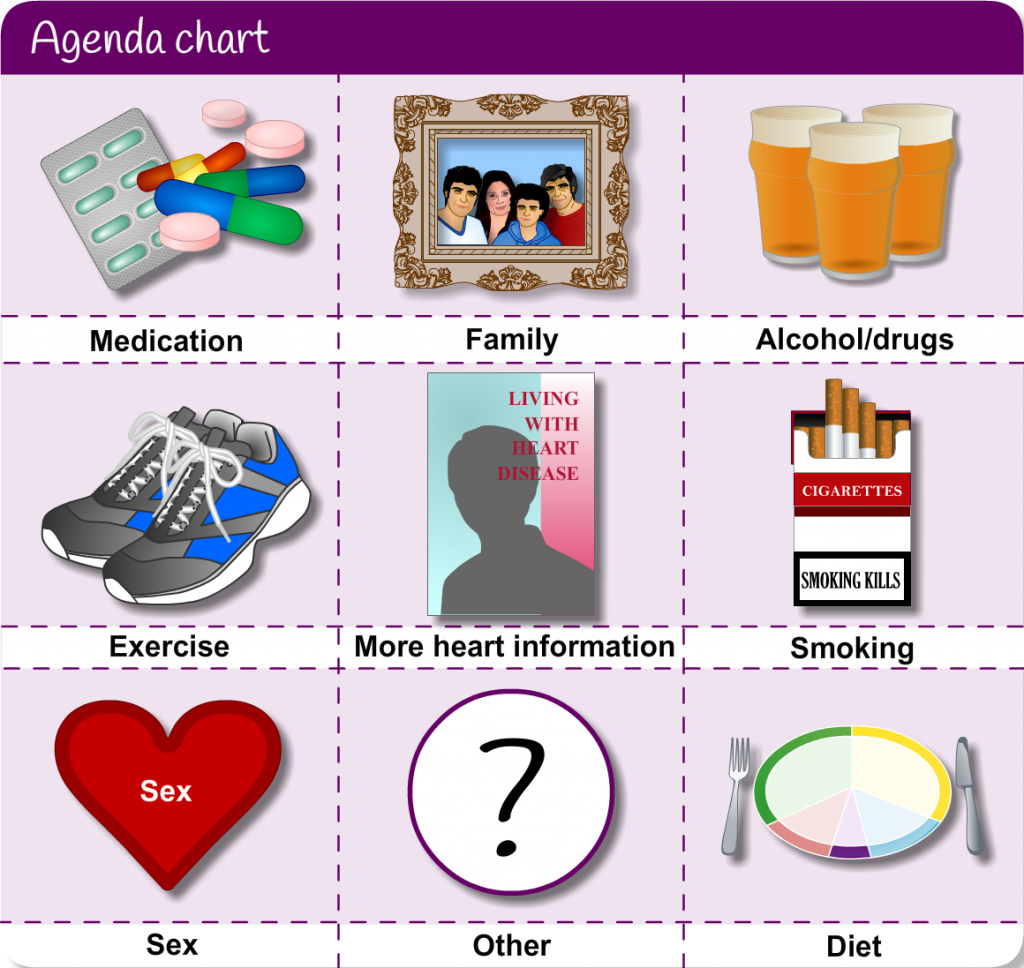
Richard then asks Michał to consider how important these changes are to him and how confident he is to change using another tool called a Readiness Ruler.

The Readiness Ruler – Is a structured and directive way of enabling patients to say how they feel about a particular change within a couple of minutes.
First contact advice
On receipt of the referral a member of the CR team makes contact with Michał on the phone to assess his progress post-op. It is now 7 days since discharge.
The dialogue below illustrates how the OARS technique can be successful in a short conversation and will continue to be used in Michał’s case.
Cardiac rehabilitation (CR) referral
Michał is referred to the CR team at his local hospital to continue his CR.
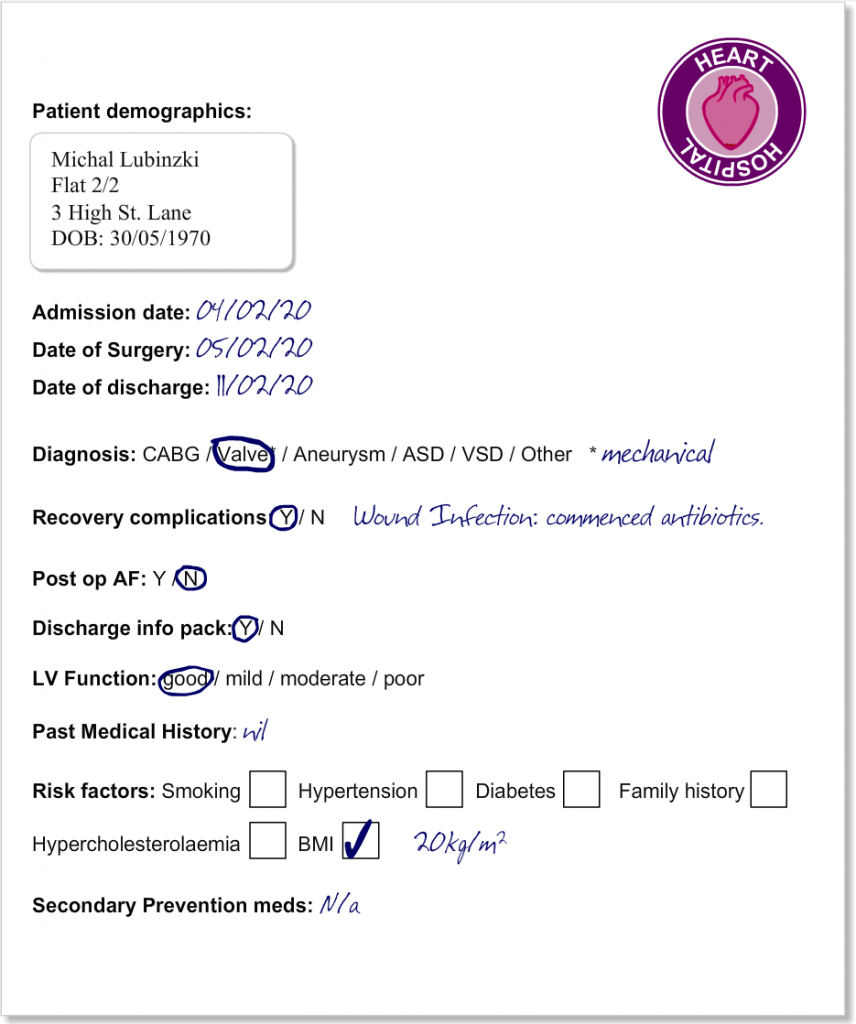
Michał is discharged home
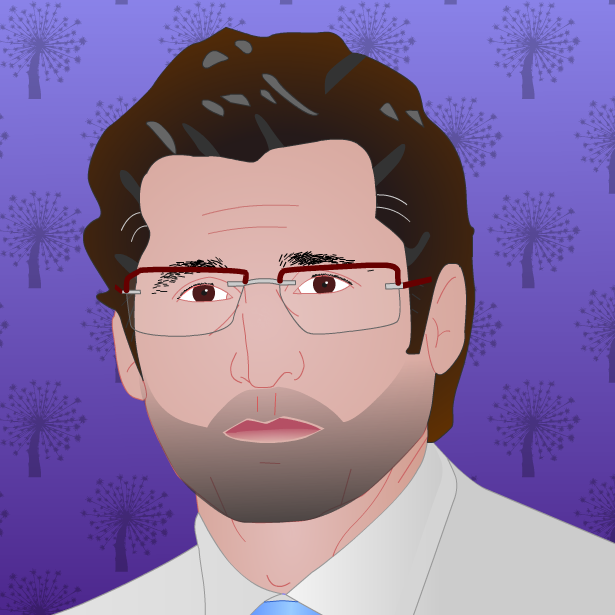
Ward pre-discharge

The physiotherapist visits Michał and begins encouraging his activity almost immediately post-operatively.
Michał

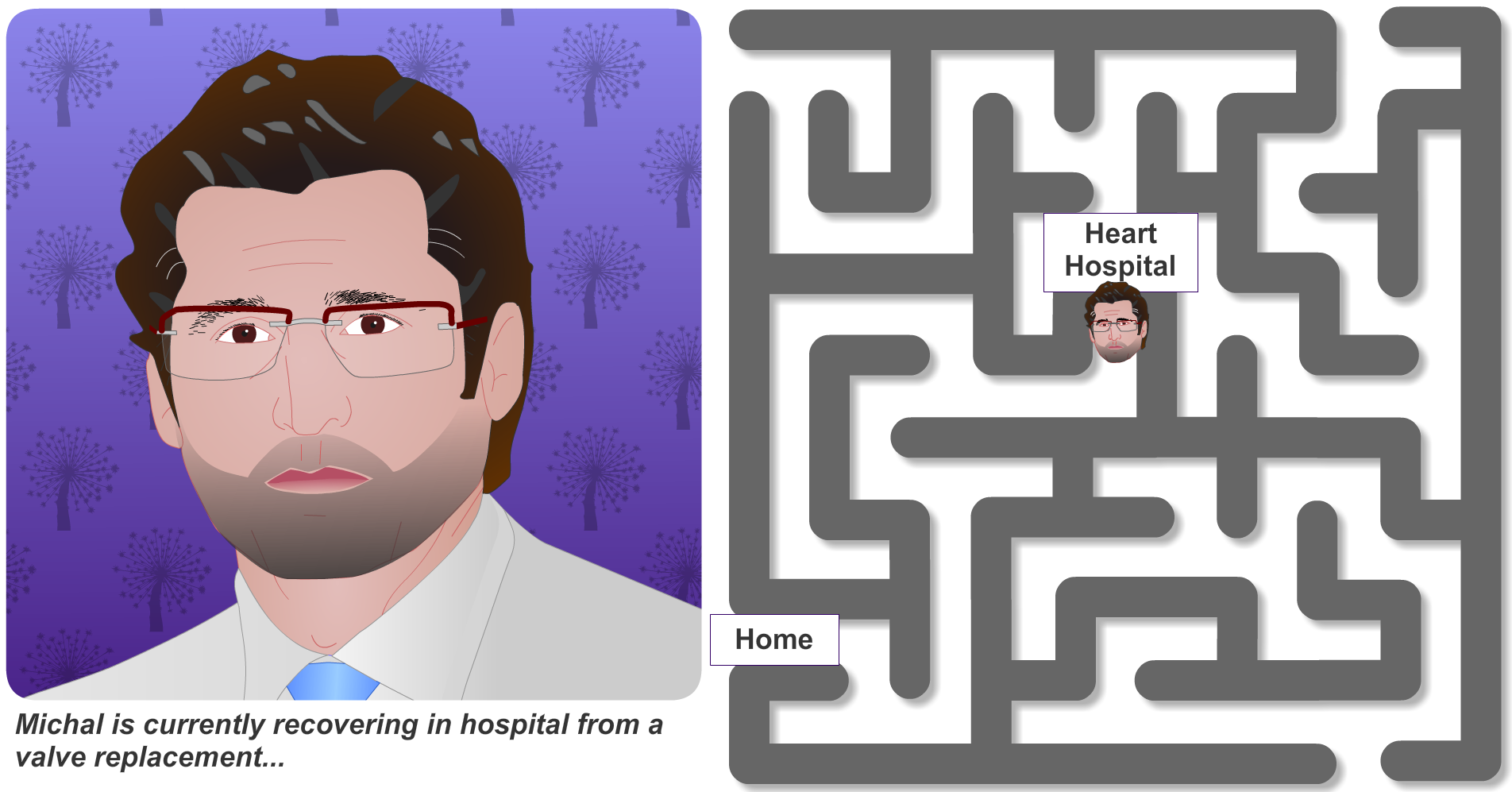
Michał is a 42 year Polish man. He is an IT programmer working in the UK for a large firm on a two year contract.
Michał has a family in Poland and he is supporting his wife and two children back home.
He lives in a rented flat with his brother and his hobbies include IT, gaming, the gym and going to the pub to relax with work colleagues
He is currently recovering in hospital from a valve replacement.
Key messages
- Develop awareness of the need to monitor weight, BMI and appetite changes to ensure assessment of any nutritional risk
- Develop awareness of discharge planning and ongoing community support following cardiac rehabilitation
- Develop awareness of the range of patient groups accessing CR and the need for tailored interventions
- Develop awareness of carer involvement in the rehabilitation pathway


